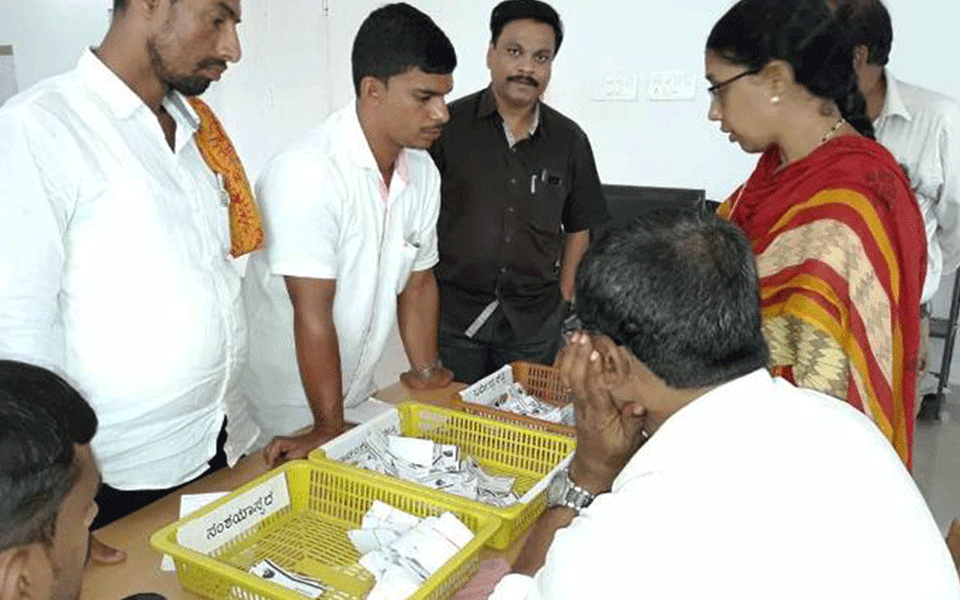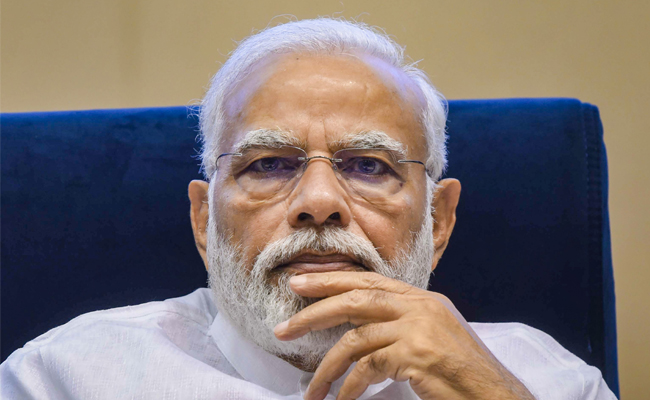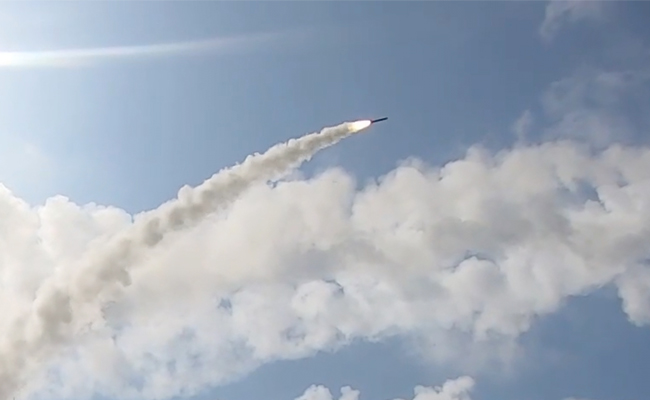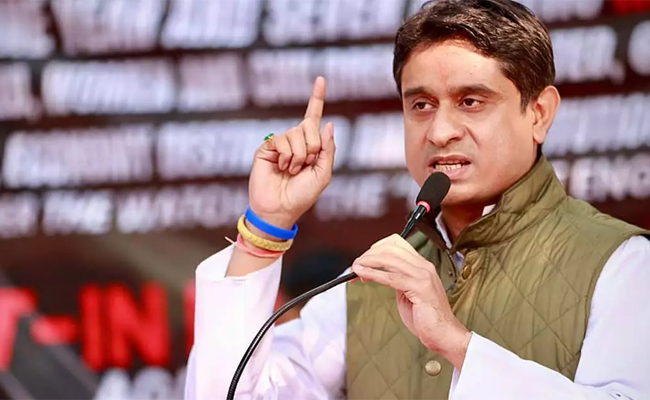Bantwal, June 17: Both Congress and BJP-backed candidates have won one gram panchayat seat each in a by-election held two gram panchayat seats in the taluk.
The election was held for one seat each in Irvattur and Amtadi gram panchayats on Thursday and counting of votes was held today.
Congress-backed candidate Sudhindra Shetty won the Irvathur seat and BJP-backed candidate Surendra Poojary won the Amtadi seat. The counting of votes of both the seats was held at the Mini Vidhana Soudha on BC Road under the guidance of tahsildar Y Ravi and election staff.
Amtadi seat was vacant due to the death of its member Chandravati B Bhandari and election was held at SVS Temple school at Bantwal. Chandravati was backed by CPI, but committed suicide a few days ago. Two candidates contested in the seat. Surendra Poojary won the seats with 332 votes, while his opponent Babu Bhandari, husband of Chandravati, backed by CPI got 315 votes.
In Irvattur gram panchayat, the election was held for Mudupadukodi-1 seat. Congress-backed candidate Sudheendra Shetty got 391 votes against his opponent BJP backed candidate Janardhan Shetty who got 302 seats. As the previous gram panchayat member Sundar Shetty was absent from the gram panchayat meetings continuously, he was disqualified.
Let the Truth be known. If you read VB and like VB, please be a VB Supporter and Help us deliver the Truth to one and all.
Geneva (AP): With 100 days to go until the World Cup, the Iran war has added a new layer of complexity to the tournament co-hosted by the United States, Mexico and Canada.
How the conflict will affect the world's most watched sporting event is the latest issue facing organizers already grappling with cartel violence in one of Mexico's host cities, scaled-back plans for fan festivals in the U.S. and criticism from fans against soaring ticket prices.
Officials of the qualified teams are meeting with FIFA staff in Atlanta this week. The tournament kicks off on June 11 when Mexico plays South Africa in Mexico City. It will be the biggest World Cup ever with 48 participating teams, up from 32 at the previous tournament in Qatar.
Here's a look at some of the issues drawing scrutiny as the countdown began.
ALSO READ: US soldiers were killed in Iranian drone strike on operations centre at Kuwait civilian port
A backdrop of geopolitical tension
========================
It's not unusual for international politics to overshadow a global sports event like the World Cup — at least in the early stages before the soccer action takes over the headlines.
In 2022, Qatar's treatment of migrant workers and the LGBTQ+ community drew headlines off the field. LGBTQ+ rights, the annexation of Crimea and the poisoning of a spy in Britain were in focus when Russia hosted the tournament in 2018.
In Brazil in 2014 and South Africa in 2010 there were concerns about crime and security.
The 2026 tournament looks set to kick off amid a backdrop of political tensions involving the U.S. and the participating nations.
Many have been hit by tariffs. Some are facing travel restrictions. Denmark, which can still qualify through playoffs in March, has been shaken by President Donald Trump's calls for the U.S. to take over Greenland. And with 100 days to go, the U.S. was in a military conflict with Iran, one of the first teams to qualify.
Iran's status at the World Cup is unclear
============================
Iran is set to play two group stage games in Inglewood, California, and one in Seattle.
However, whether the Iranian team will come to the U.S. is uncertain.
“What is certain is that after this attack, we cannot be expected to look forward to the World Cup with hope,” Iran's top soccer official, Mehdi Taj, said last weekend as the U.S. and Israel launched coordinated attacks that killed Supreme Leader Ayatollah Ali Khamenei and dozens more senior officials.
Still, Iran has not announced it is withdrawing from the tournament, which no team that qualified has done in the past 75 years. Iran, the second-highest ranked team in Asia, was drawn in a group with Belgium, Egypt and New Zealand.
FIFA did not immediately respond to a request on whether Iran federation officials attended the Atlanta workshop.
Fan festivals are being slimmed down
==========================
Fan festivals have been a key part of the World Cup experience in the past two decades. They offer a chance for thousands of fans without match tickets to take part in the World Cup atmosphere by coming together to watch games on a big screen.
Some of those plans are now being scaled back in the U.S.
New York/New Jersey eliminated its Fan Fest in Jersey City, New Jersey, even though it had started selling tickets for an event scheduled to be open every day of the tournament.
Planning to sell tickets was itself unprecedented for World Cup fan zones, which were free to enter since being launched at the 2006 edition in Germany.
Seattle cut down its original plan and rescheduled it for smaller venues and Boston trimmed its event to 16 days.
The chief operating officer of Miami's FIFA World Cup host committee said during a congressional hearing on Feb. 24 that it might cancel its event if it did not receive federal funding within 30 days. Kansas City, Missouri, Police Deputy Chief Joseph Maybin said the city had an immediate need for federal funds to prepare security.
House Republicans said federal money may be held up by the partial government shutdown of the Department of Homeland Security, caused by Democrats insisting restrictions be placed on Immigration and Customs Enforcement agents.
Foxborough games threatened
=====================
The New England Patriots' stadium in Foxborough, Massachusetts, is due to host seven World Cup games, starting with Haiti-Scotland on June 13 and ending with a quarterfinal on July 9. That is FIFA's plan.
The Select Board of Foxborough has refused to issue a permit for World Cup matches at the stadium and set a March 17 deadline to be paid $7.8 million — what the town estimates will be the cost of police and other expenses. Foxborough said it was not part of FIFA's hosting agreement with Boston.
ALSO READ: West Asia crisis: India flags energy supply concerns; PM speaks to leaders of Oman, Kuwait, Qatar
Pushback against FIFA's ticket prices
=========================
FIFA has about 7 million seats to fill for the World Cup matches and said last month it received 500 million ticket requests. FIFA president Gianni Infantino has proclaimed all 104 games are sold out and yet some fans received emails last week offering an extra 48-hour window for tickets sales.
FIFA's prices in December ranged up to $8,680 per ticket. After criticism, FIFA said it will offer a few hundred $60 tickets for every game to the 48 national federations in the tournament. Those federations will decide how to distribute them to their most loyal fans who attended previous games.
Most seats on FIFA's ticket resale platform — seeking to cut out the secondary market and earn FIFA extra 15% fees from buyers and sellers — are well past the $1,000 mark.
Cartel violence in Mexico
=================
Mexico's ability to co-host the World Cup has been under scrutiny after a surge in violence last week in the state of Jalisco following the military's killing of a powerful cartel boss.
The state's capital, Guadalajara, is set to host four matches during the group stage.
Mexico's government insists the World Cup won't be affected and President Claudia Sheinbaum said there's no risk for fans coming to the tournament.
Infantino told Sheinbaum that he has full confidence in Mexico as a World Cup host.
The FIFA leader has repeatedly promised the 2026 World Cup will be the greatest and most inclusive.





